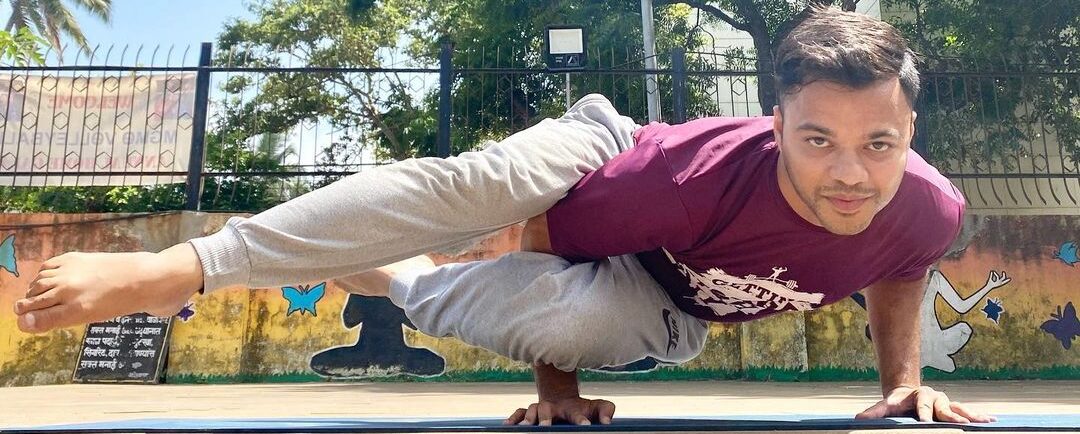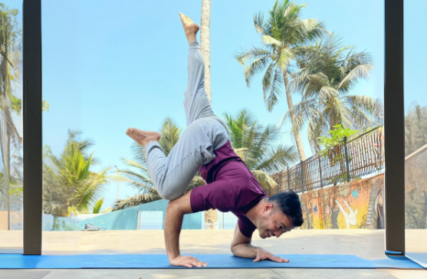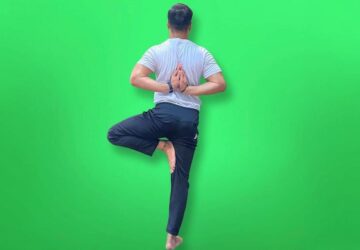I am new to your yoga class. It has been a challenge to find a teacher that touches the spirit of what yoga means to me. I had many vinyassa classes and found myself enjoying the music but not the hurried stretch from one pose to the next, missing the time and gentle correction of being able to find and to lean into how the pose fit for me. This takes time to move from one pose to the next putting together what my body has learned from the previous pose into the next pose. I am glad you found this way of teaching. It is what works for my mind and body and brings them together. I am grateful that I can move slowly in your class allowing my body to discover what it needs in each element.
I am very active and energetic and, thankfully, thus far, in good health. So when I began yoga, I was surprised by the challenge. The inward focus, the attention to breathing and to the body, the often difficult (for me) poses, were all new to me and out of my comfort zone.
Nevertheless, by the end of my first class, I felt a new sense of balance and stability in my normally runaway mind. After several months of regular practice, I am pleased to confirm that I am still capable of managing new challenges. I find that when my inner and outer worlds are in sync, the intrinsic goodness of life is more available for my appreciation.
I was suffering from acute lower back pain for quite some time. I came to realize how much additional tension I was accumulating in my body in response to the pain- just the fear of it. Through consistent practice at the studio as well as my own morning and evening routine, I have healed my back.
It was then that I really got past the back trouble, both psychologically (the fear part) and physically (by learning what stretches are most effective for me). I’ve stuck with the home practice twice a day ever since. I have realized that yoga helped more than the series of physical therapy appointments my doctor prescribed. I really credit the gentle, therapeutic body education I am given at Grateful Yoga for this transformation.”














